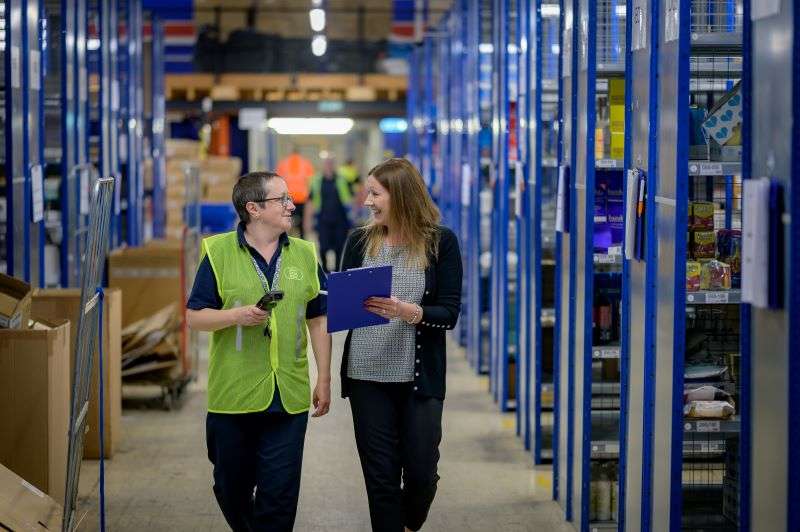As the manufacturing industry grapples with a significant labor shortage and skills gap, the solution lies in modernizing workforce training through emerging technologies like artificial intelligence and connected worker platforms.
The Manufacturing Skills Crisis
The manufacturing sector is at a crossroads, wrestling with a severe labor shortage and skills gap. According to Deloitte’s 2024 Manufacturing Outlook, about 75% of manufacturing executives identify talent attraction and retention as their primary challenge. The industry is staring at a potential shortfall of 2.1 million unfilled jobs by 2030 in the U.S. alone, threatening to stifle growth and disrupt supply chains. The question is, how can manufacturers replenish their labor force and equip the next generation with industry expertise?
The Power of Modern Workforce Training
The answer lies in modernizing workforce training through the implementation of emerging technologies such as artificial intelligence and connected worker platforms. These innovative training programs, which leverage cutting-edge tools, are instrumental in attracting digital-native workers and bridging skills gaps.
Traditional workforce training methods are no longer sufficient. The era of bulky technical manuals and sporadic classroom sessions has been replaced by on-the-job, hands-on approaches that align with how younger employees acquire skills today. Smart factories necessitate tech-savvy operators who can quickly assimilate and apply knowledge in technologically advanced settings.
Connected worker platforms deliver AI-optimized data, instructions, and insights directly to frontline workers via mobile technology and computer systems. This leapfrogs traditional methods, ensuring that the right knowledge and training are delivered precisely when and where they’re needed.
Harnessing AI for Upskilling and Reskilling
By analyzing data generated from their own processes, equipment, and workforce, manufacturers can uncover valuable insights to optimize workflows, enhance efficiency, and drive innovation. This data is crucial in upskilling employees by providing targeted training programs tailored to specific skill needs and gaps identified through AI-powered analytics.
AI-enabled connected worker platforms allow manufacturers to seamlessly integrate digital tools and knowledge bases into operational workflows. They support frontline workers with personalized step-by-step work instructions, remote experts, or AI-powered industrial assistants, and optimize processes through AI-driven analytics.
The Future of Workforce Training
As the transition to a smart, connected workforce takes hold, manufacturing stands to massively upgrade its ability to cultivate talent pipelines. Connected worker platforms equip employers with the tools needed to get workers trained and competent faster. Knowledge-sharing and mentorship becomes frictionless. And accessible on-the-job training opens pathways for more people to join the industry.
To stay competitive in the modern digital-industrial economy, manufacturers must reimagine workforce training for a new era. By harnessing technologies such as AI and connected worker platforms, the sector can overcome skills gaps, attract next-gen talent, augment existing worker capabilities, and position itself for sustainable growth.




